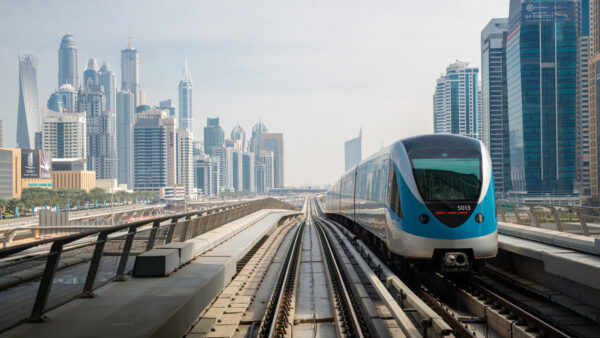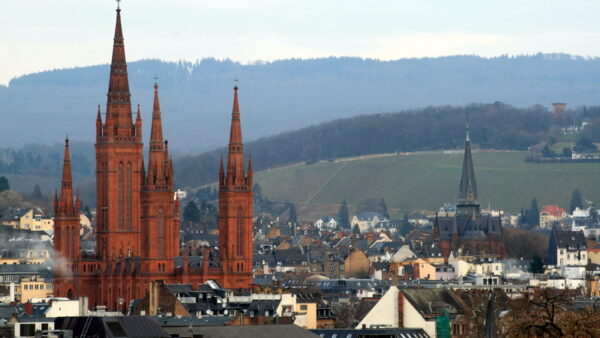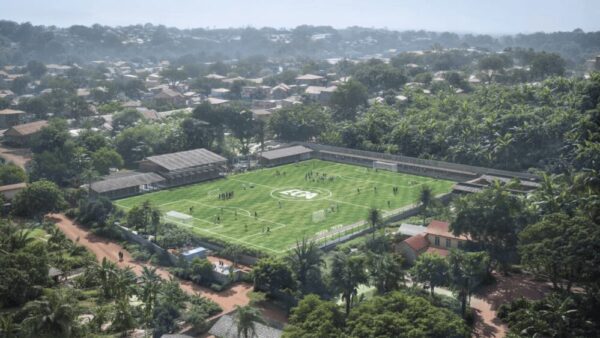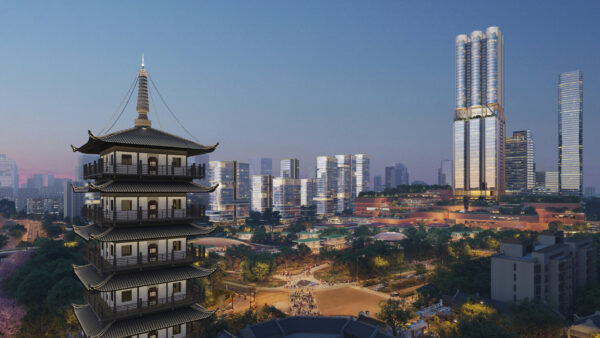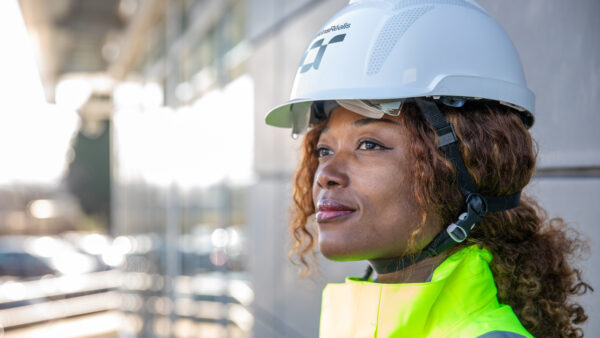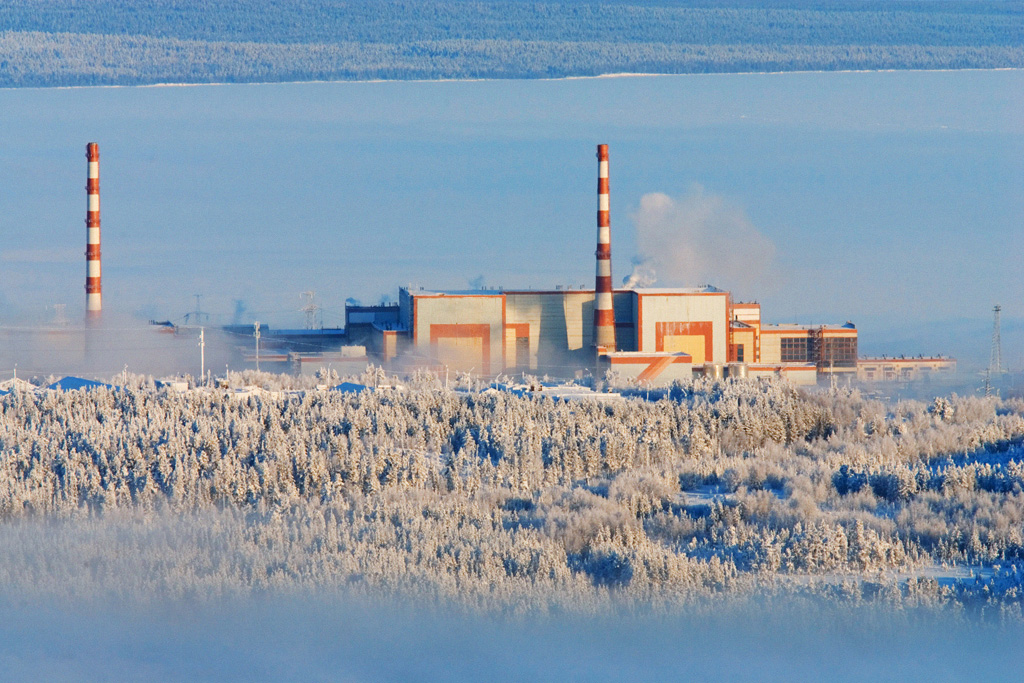
Russia’s main energy utility has published a draft plan for investment in energy over the next 18 years. This proposes the construction of 34 reactors, a figure that includes small modular and experimental designs as well as conventional gigawatt-scale units, World Nuclear News reports.
The document was published by Unified Energy System of Russia, which oversees some 440 power stations, or about 70% of the country’s installed capacity. It foresees a growth in nuclear generation of five percentage points, from 19 to 24%.
This figure is less than that proposed by nuclear engineer Rosatom, which is aiming to build 37 reactors over the period.
Unified Energy went into detail about the types and locations of the extra units. Among its proposals were:
- Four VVER-Toi units will be commissioned at the Kursk II Nuclear Power Plant (NPP) between 2025 and 2034. Existing RBMK-1000 reactors at Kursk I – the type used at Chernobyl – will be decommissioned
- Three VVER-S/600 units will be added to the Kola NPP between 2035 and 2040 (pictured)
- Two VVER units to be built at Smolensk NPP, completing between 2033 and 2035
- Two VVER-optimum reactors will be constructed at Novocherkassk, near the Black Sea port of Rostov, between 2036 and 2038.
- BN-optimum units will be added to the Reftinskaya coal plant, about 2,000km east of Moscow, between 2038 and 2042
- Two units with total capacity of 2.5GW will be built at the Yuzhnouralsk facility in the Chelyabinsk region in the east of the country
- Four units with total capacity of just more than 5GW are slated for the Krasnoyarsk plant, in Krasnoyarsk Krai region of southern Siberia
- There will also be a pilot BREST-OD-300 demonstration unit, to be commissioned in Seversk in 2028.
Most of the reactors are based on the VVER pressurised water design. The VVER-Toi is a generation three-plus type based on the VVER 1200, which has been the mainstay of the Russian nuclear industry since the 1960s.
The Toi has an output of 1.3GW, and improved safety, cost and buildability parameters compared with the VVER. Rosatom refers to it as the “VVER of the future”.
The VVER-S/600 reactors are mini-versions of the design. Another small reactor in the plan is the RITM-400. Four of these, with a total capacity of 320MW, are to be built in Norilsk – a centre of the nickel mining industry in north-central Siberia.
The 300MW Brest reactor is a fourth generation design that will use “fast” neutrons, lead cooling and a fuel mix of uranium and plutonium to create a unit that consumes most of its own waste (see further reading).
Another fast reactor is the BN, which uses sodium as a coolant. This is part of Rosatom’s Proryv, or “Breakthrough” programme, which aims to produce a closed-loop cycle that reprocesses waste into fuel.
The largest increase in nuclear generation is expected in Siberia and the Urals. They will be home to 13 new reactors with a total output of 12.7GW.
The draft is open for consultation until 20 September after which it will be submitted to the government, which is expected to make a final decision by the end of the year.
- Subscribe here to get stories about construction around the world in your inbox three times a week.
Further reading:


